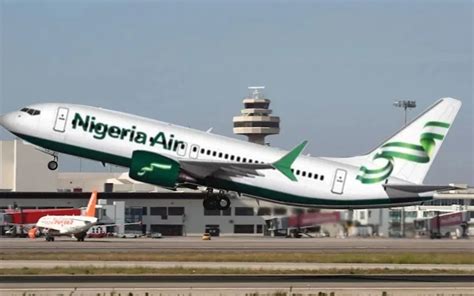Mathew Amaechi
The Federal Government of Nigeria has intensified calls for the reinstatement of the Bilateral Air Services Agreement (BASA) with Italy, aiming to restore direct flights and unlock economic opportunities between the two nations.
The appeal was made at the Nigeria-Italy Investment Summit 2025 (NIIS 2025) in Abuja, themed “Building Bridges: Unlocking Opportunities,” organized by Giant Gee Nigeria Limited in partnership with the Italian and Nigerian embassies.
Since the suspension of Alitalia’s operations in Nigeria years ago, travelers have faced grueling 16–18-hour journeys with layovers, a stark contrast to the previous five-hour direct flights. Amb. Anderson Madubuike, Director of Economic Trade and Investment at Nigeria’s Ministry of Foreign Affairs, emphasized the urgency of reviving the BASA to address these challenges. Represented by Deputy Director Eucharia Eze, Madubuike stated, “A renewed BASA would contribute to the economic transformation of both nations” by re-establishing seamless travel and fostering trade, investment, and technological collaboration.
Nigeria and Italy share longstanding ties in agriculture, energy, infrastructure, and technology, with Italy ranking as a key trading partner. The BASA revival is seen as a gateway to diversifying economies and attracting foreign direct investment. Amb. Augustine Chigbolu, Managing Director of Giant Gee Nigeria Limited, stressed that direct flights would “alleviate travel challenges”and serve as a catalyst for sustainable growth. Italian entrepreneur Roberto Bocca echoed this sentiment, highlighting sectors like aviation and energy as ripe for collaboration and predicting Nigeria’s emergence as a primary market for Italian businesses.
While the diplomatic push continues, Neos Airlines has already re-established direct Milan-Lagos flights as of October 2024, marking the first such service since Alitalia’s exit. Nigeria’s Aviation Minister, Festus Keyamo, hailed the route’s resumption for its potential to boost trade, job creation, and GDP growth. However, the government’s broader BASA efforts aim to institutionalize air connectivity, ensuring long-term stability and expanded services beyond current offerings.
As negotiations progress, stakeholders remain optimistic. A revitalized BASA could slash travel time, reduce costs, and amplify trade volumes, ultimately bridging two economies poised for mutual growth. For now, the skies between Nigeria and Italy hint at reconnection—a symbol of diplomacy taking flight once more.

